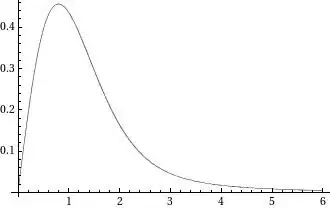I'm new here as you can see.
There is a mystery about $\pi$ that I heard before and want to check if its true. They told me that if I convert the digits of $\pi$ in letters eventually I could read the Bible, any book written and even the history of my life! This happens because $\pi$ is irrational and will display all kind of finite combinations if we keep looking its digits.
If that's true then I could use this argument for any irrational.
My question is: Is this true?

